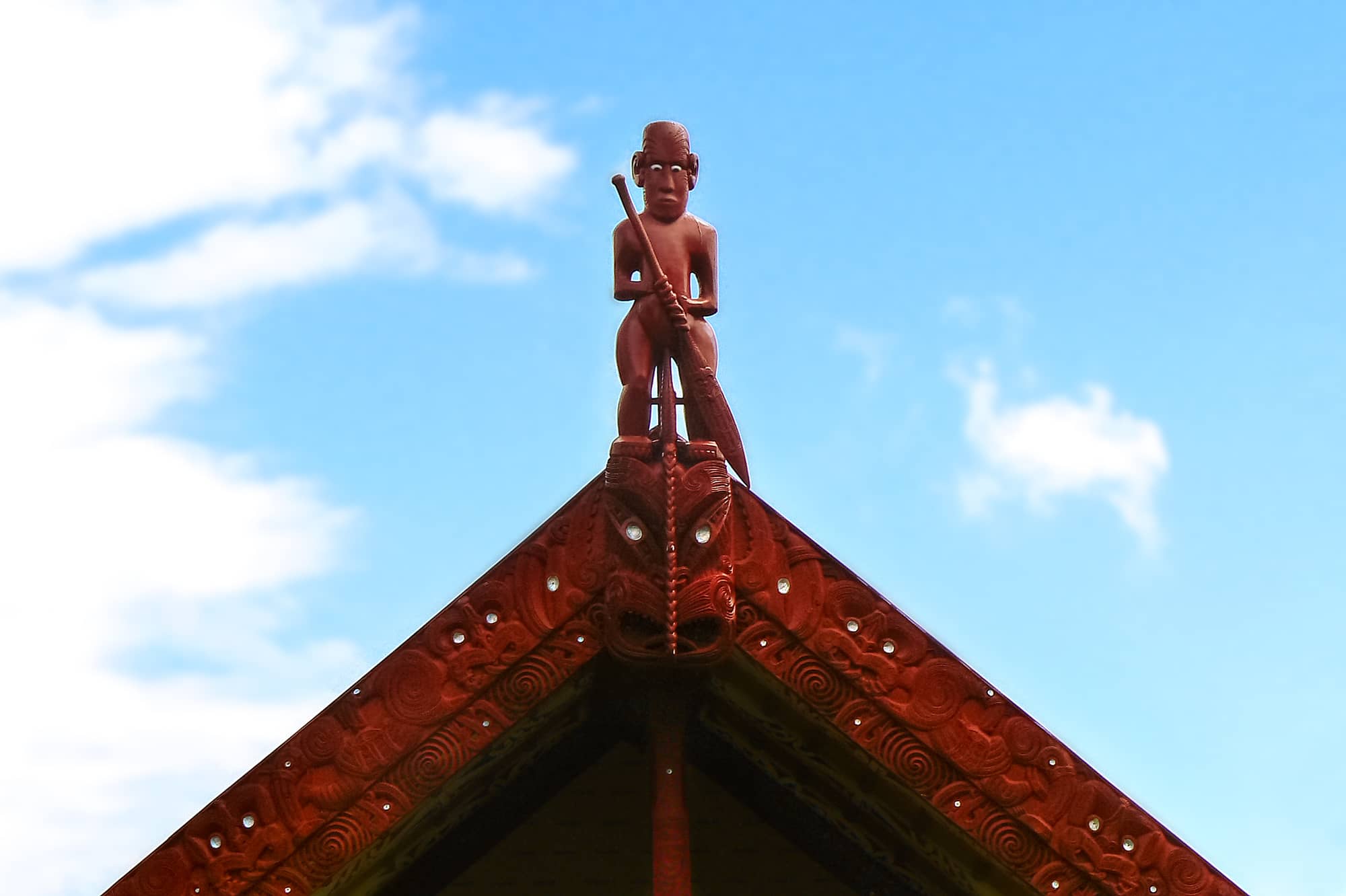
Paul McHugh’s work has had a decisive influence on the legal framing and recognition of aboriginal claims. As a result, there has been widespread legal uptake of a concept of aboriginal title that he pioneered and to which he continues to contribute. The doctrine has been adopted by the common law courts in Canada, followed by New Zealand and then Australia.
This concept was of critical importance in reversing the conception that aboriginal territories claimed in sovereignty by the British Crown were terrae nullius (nobody’s land) rather than territories subject to the public authority of indigenous polities.
McHugh’s work on aboriginal title has fundamentally changed the dynamics of engagement between aboriginal people and the State, politically and legally. The most visible manifestations of this impact since August 2013 include settlements and landmark legal decisions resolving contemporary claims to traditional resource rights and of historical claims in Canada and New Zealand worth hundreds of millions of pounds as well as profound significance for the culture and economic basis of thousands of indigenous peoples and their communities.
Examples include the Alderville case’s £640 million settlement in 2018, benefitting thousands of people from seven First Nations in Canada; the reinterpretation of the 1840 Treaty of Waitangi, between the British Crown and the Maori in New Zealand, in a 2014 landmark decision of the Waitangi Tribunal (which refers to McHugh 99 times); and the recognition of Maori customary title over the foreshore and seabed in the 2016 case Re Tipene and Re Edwards (applying statutory tests derived from McHugh).
“I am extremely proud that the negotiations team has successfully resolved our longstanding battle for constitutionally protected hunting and fishing rights. Our ancestors have fought since 1923 to exercise our rights freely and without encumbrance and finally we have been able to secure this for our people and for future generations.”
– Chief Kelly LaRocca, Mississaugas of Scugog Island First Nation


